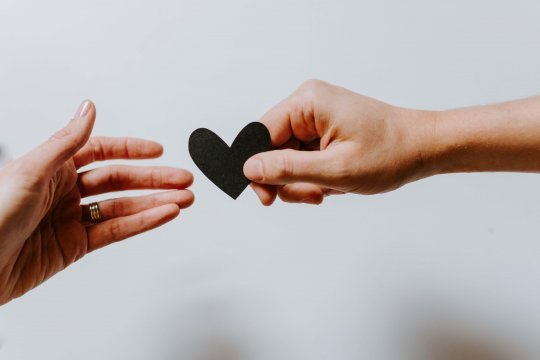Small things count
what can we be grateful for? We have survived another week in difficult conditions – congratulate yourselves, at least mentally. And when summing up the week, think about what happened during that time. It’s worth focusing on gratitude, not only towards others, but also towards yourself; be thankful for still having something to be grateful for. We encourage you to analyse what strengthens you and what can help each member of your family survive this difficult time.
Family warmth and expressing affection towards our loved ones
Talk about examples of situations in which you felt your family’s support and love. Prepare cards. Use them to write down your associations with the warmth of a family home and its components. Think about how you show or can show your loved ones that you love and support them. Think about everyday situations and recall the times when you were sad or when something upsetting happened, but also the times when you were happy. Formulate your personal recommendations for showing love in your family in different situations. Maybe even write them all down in the form of a shared poster? Talk about why showing love and support is so important.


